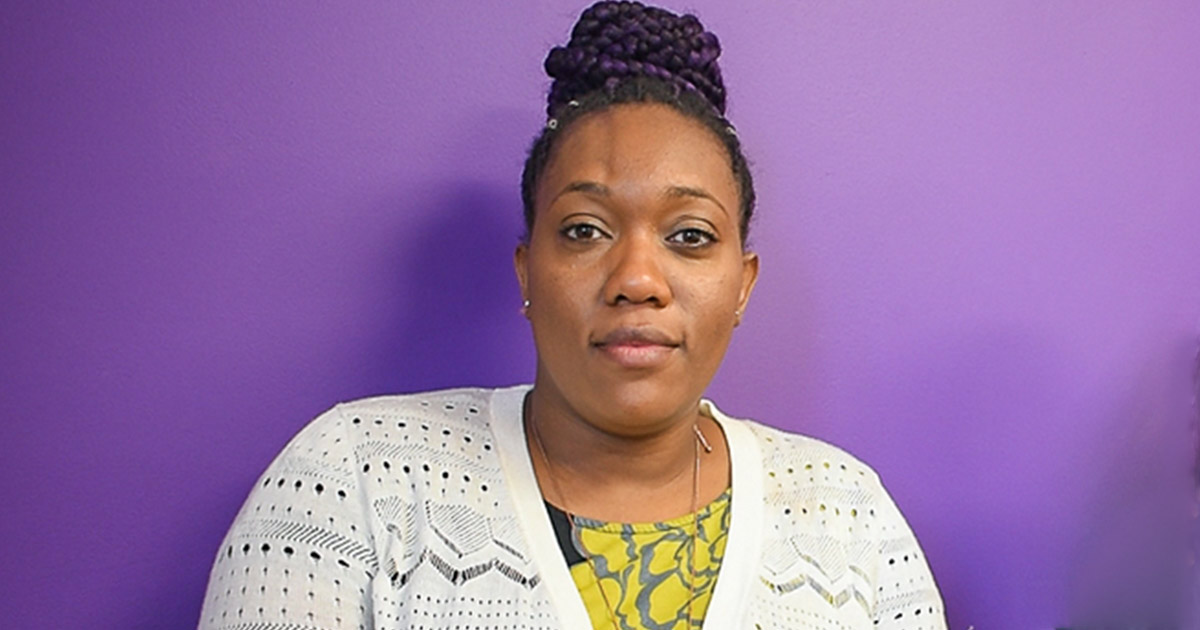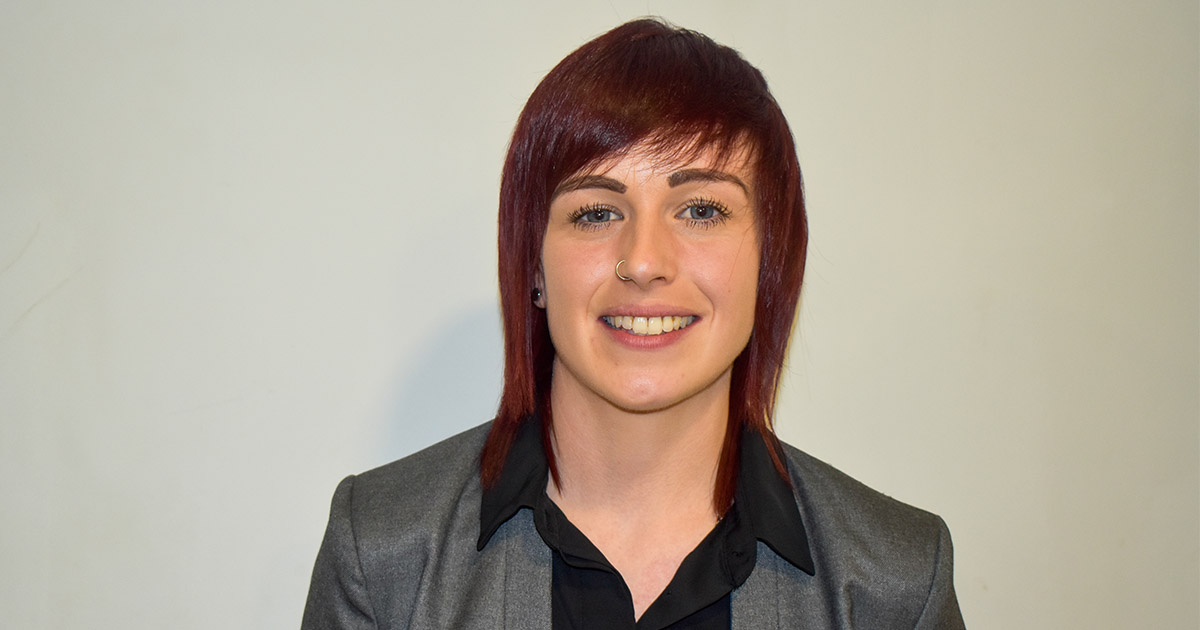A supervising social worker supports and guides a foster carer in every aspect of their fostering experience. We spoke to Progress supervising social worker Tendai to get an insight on her role.
It is my responsibility to develop a close working relationship with our pool of foster carers. On any given day, I can be leading, coaching, and empowering foster carers to be the best carers they can be.
Whether we are helping carers with their form F assessments or preparing them for the panel presentation, the role of a supervising social worker is a busy one!
Caring for carers
A supervising social worker must have an emotional investment in the lives of their foster carers. If a foster carer wishes to let something off their chest, I am here to listen and advise. When a carer tells me of a problem, I often find there are solutions. Helping a carer, will not only make them feel better but allows them to focus on their foster child.
Training for carers
A foster carer with the right training and support will be able to have a stable placement and ensure better outcomes for a child. I recently worked with carers to identify the training they required to support a child with complex disabilities.
The couple and wanted to be in the best possible position to help the child and were hungry to learn.
Foster carers tend not to have any formal qualifications and instead use their skills and experiences to support those in their care. However, if you care for a child with specific needs, you will need the training to help them.
The training I placed them on was personalised and delivered in a variety of ways. From face-to-face group training to individual online training, the aim is always to make learning fun and informative for the carers.
Working with others
Though primarily my role is about foster carers and children and young people, the relationships I build and the support I provide extends beyond that.
Through positive relationships with foster carers and other professionals, specifically the local authority social worker (s), foundation agreements are made, and expectations laid out.
We all have the same goals, without which, there can be a disruption for a child or young person.
The future
One of the biggest challenges I find is the lack of foster carers locally (and nationally). It is heart-breaking to know that there are children and young people out there waiting for a loving couple to support them.
We need more carers to contribute to the incredible work our foster carers are doing.
No matter what your role is in the Progress foster team, we all have one goal – to ensure the children and young people in our care have positive life outcomes. I feel humbled to be trusted with supporting children, young people, and their carers. It is a privilege to make a positive impact on all their lives.













